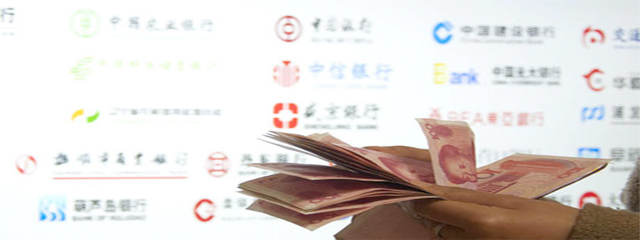China and the United States, the primary sources of economic stimulus since 2008, will begin to unwind their stimulus in 2014. The Fed’s announcement of its first reduction in quantitative easing and China’s rising interbank interest rate are signals of what is to come. The main driver for the unwinding is concerns of bubbles, not that economies are strong enough.
Unwinding stimulus, especially one so large and prolonged, is fraught with unintended consequences. Bubbles tend to pop, not deflate slowly. Even though authorities are calibrating their tightening steps carefully to achieve a smooth landing, financial turmoil due to a bubble bursting is possible, which may drag the global economy into another recession.
Even if no financial turmoil emerges, some assets are likely to come under strong pressure. The economies that depend on commodity exports and/or hot money to plug their current accounts may see their currencies under more pressure. The Australian dollar and Brazilian real are highly vulnerable. The Indian rupee is another weak currency. The Canadian dollar and Russian ruble may come under pressure too.
Read the whole article here.






Be the first to comment on "China and USA: When the Giants Unwind"